Web 3.0: What it is and how it is changing the digital world?
Amidst buzzwords such as blockchain, crypto, and metaverse that have dominated headlines in the tech space, "Web 3.0" is a term whose definition actually corresponds to an entirely new internet. Up-and-coming web promises a transformative shift to be brought, similar to that which has been championed by Web 2.0 years ago. But what exactly is Web 3.0, and how does it change how we use the internet? Is it just another blockchain application, or is it something really revolutionary? Let's go through some key ideas and technologies that come with Web 3.0.
Definition: What is Web 3.0?
Web 3.0 is also sometimes referred to as the "Semantic Web." This new generation of the internet is more than a change in design; it is a total paradigm change in how users interact with and develop content on the internet. Moving away from the earlier centralized structures, in this new stage, the focus of the internet will be on a model that is truly decentralized—with the user in mind. Thus, in this respect, it encompasses a paradigm shift intended to convert the internet into something more intelligent and user-centric.
Still in its development stage, Web 3.0 has garnered quite a number of interests among developers and projects across the world. However, mainstream adoption will be tough to crack, as it is more of a mass movement compared to predecessors-say, natural language processing or, for instance, crypto trading platforms.
Key Features of Web 3.0
- Ubiquity: It is the aspiration of Web 3.0 to ubiquity, or being able, through the creation of a seamless user experience across devices, whether one accesses it from smartphones, wearables, or computers. This makes the experience consistent and personalized and accessible from every part of the world.
- Semantic Web: In the opinion of Web 3.0, "Semantic Web" primarily aims to understand through comprehension and exploitation of context the meaning of content, unlike mere text and images. This will take search results and relevant suggestions further, while making user journeys smooth with semantic metadata adding context to information.
- AI: AI will play a major role in Web 3.0, going all the way from smart chatbots to recommendation engines, offering a more interactive and personalized experience for users.
- Spatial Web and 3D Graphics: Innovations in AR and VR will change web interfaces from two-dimensional to three-dimensional, allowing interaction with them.
- Decentralization and Blockchain: The major trait of Web 3.0 is decentralization, which comes hand-in-hand with blockchain. This blockchain-based web allows for the sharing of data transparently, securely, and autonomously, away from the central models that make Web 3.0 a real game-changer.
How Will Web 3.0 Work?
For the highest extent, Web 1.0 and 2.0 relied on HTML to fix the web layouts. It is still very important, even in Web 3.0, but the way it is going to interact with data is a different story altogether. Rather than centralized databases, Web 3.0 will employ decentralized peer-to-peer networks that will facilitate users maintaining their data and online interactions.
This new layer of the Internet is going to utilize AI in a big way, together with machine learning, to intelligently deliver the content autonomously, rather than user-generated types of content development seen in versions of Web 2.0. Besides, Decentralized Autonomous Organizations may redefine governance by rewriting mechanisms of consensus-seeking from central authorities to community-based decision-making mechanisms. Financial transactions will be increasingly done via DeFi platforms, with cryptocurrency and blockchain at the core.
Key Web 3.0 Applications
- Metaverse: It means a 3D version of the internet wherein one can explore virtual worlds. Unlike Web 2.0 social networks, Web 3.0 metaverse projects focus on decentralization and paying content creators their due share, represented as NFTs of unique digital assets.
- Blockchain Gaming: One of the major applications is the play-to-earn model popularized by games such as Axie Infinity. While three years were a significant challenge, decentralized gaming may be assured of a better future to come in setting targets to improve the experiences of players.
- Creator Economy: Web 3.0 lets content creators engage directly with their audience, circumnavigate the platforms such as YouTube or Spotify, and ensure fairer revenue splits.
- Decentralized Autonomous Organizations (DAOs): Using smart contracts, DAOs offer a new organizational model—technologically distinctive, self-governing entities with global reach.
- Decentralized Finance (DeFi): DeFi offers investment, lending, and staking opportunities and gives financial services that have traditionally been provided by banks to the unbanked of the world.
Web 3.0 Benefits
The main benefits of Web 3.0 are that it introduces an entirely new freedom where huge corporations have no need to control processes and decentralized networks become the standard for managing data. Some key advantages are:
- Permissionless Access: It does not require any kind of permission from a user in order to gain services; thus, all can participate in an open ecosystem.
- Less Censorship: Decentralized applications have very minimal censorship, so people are free to express themselves and contribute towards it.
- Direct Payments: Inbuilt cryptocurrency wallets allow peer-to-peer transactions, therefore enhancing one's financial autonomy.
- Full Universal Programmability: Any user or developer can create applications and interactions in the exact way they envision.
- Improved Security: Decentralized networks are, by definition, much safer because no single entity can fully control them. This also means that such networks would make the internet a safer place since less data would be exposed to risks, such as data theft, through financial transactions.
Web 3.0 Threats
Despite the promise, Web 3.0 also presents new challenges:
- Security Issues: Generally, safety is an issue on a decentralized internet with no overseeing that may inhibit the said harassment and fraud issues.
- Tech Bubble: With all the hype, there could be a prospect of, particularly the speculative bubble, since literally everything is in the making—the critical infrastructures of Web 3.0.
- Slow Implementation: Wide-scale implementation is commonly very slow to materialize since most users and companies have investments in centralized forms.
When Is Web 3.0 Coming?
While the development of Web 3.0 has commenced in earnest, it is yet to be fully realized. Success here will be pegged on companies and users embracing decentralized models. The mass movement of even the biggest of technology giants into Web 3.0 might expedite this evolution but will presumably take many years to reach mainstream use of Web 3.0.
Web 3.0 FAQ
- Is Web 3.0 the future?
Yes, Web 3.0 is a movement toward more security and a user-centric internet that fits the original vision of a free and open web. - Who Coined Web 3.0?
Though the term was coined by Gavin Wood back in 2014, the decentralized web basics go to Tim Berners-Lee, and these form the building blocks of Web 3.0. - Does Web 3.0 currently exist?
Many of Web 3.0's fundamental technologies remain under development, and it is still in the development stage. - How does one make money in Web 3.0?
Web 3.0 opens opportunities in crypto investments and decentralized applications, with potential to earn through decentralized platforms. - Difference Between Web 3.0 and Metaverse?
While the metaverse is a fully virtual world, Web 3.0 is a decentralized model of the Internet. Actually, Web 3.0 can support metaverse projects by adding scalability and decentralized ownership.
Is Web 3.0 a blockchain platform or cryptocurrency?
No, it is an internet framework using blockchain technology, though it covers more than cryptocurrencies.


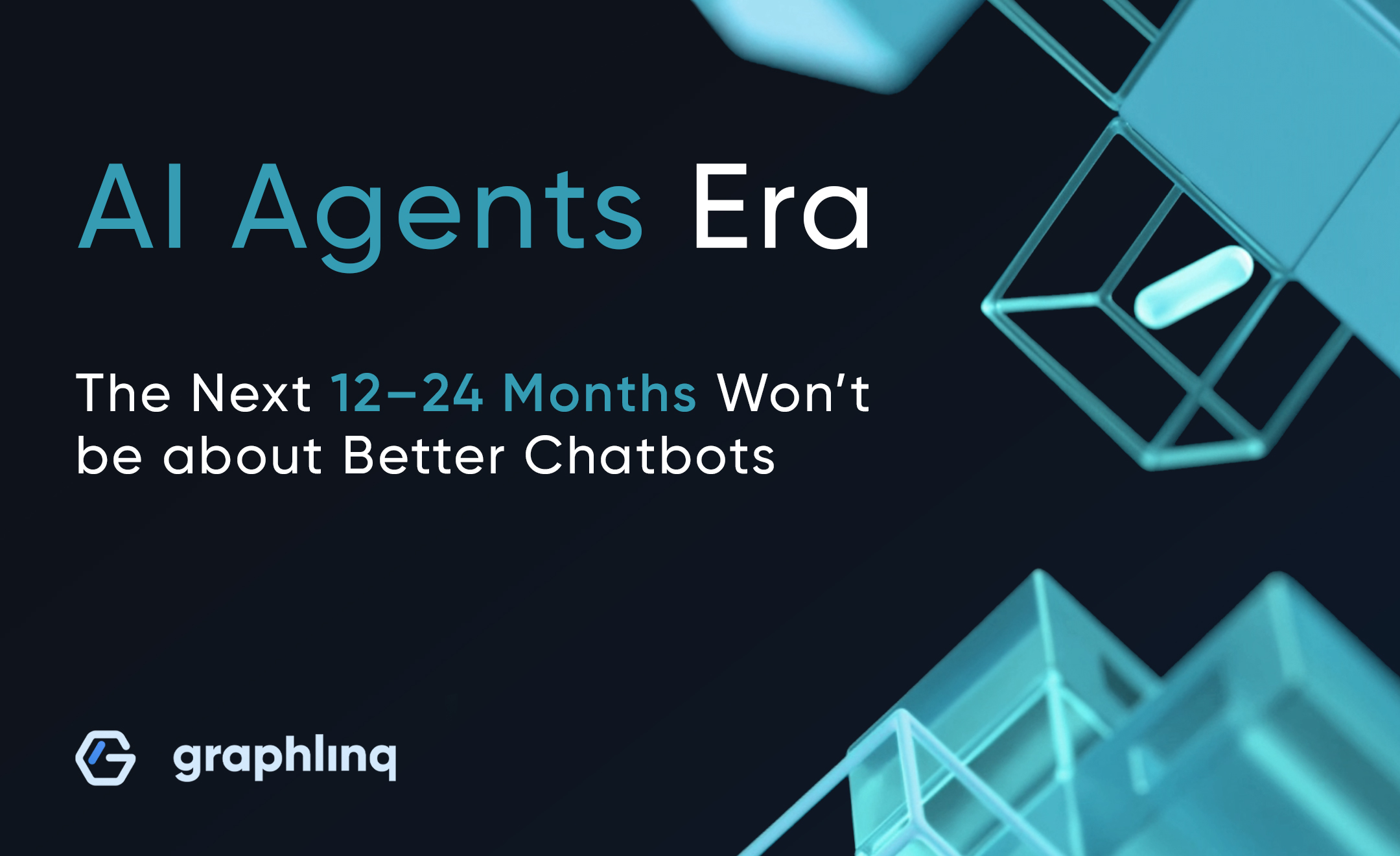
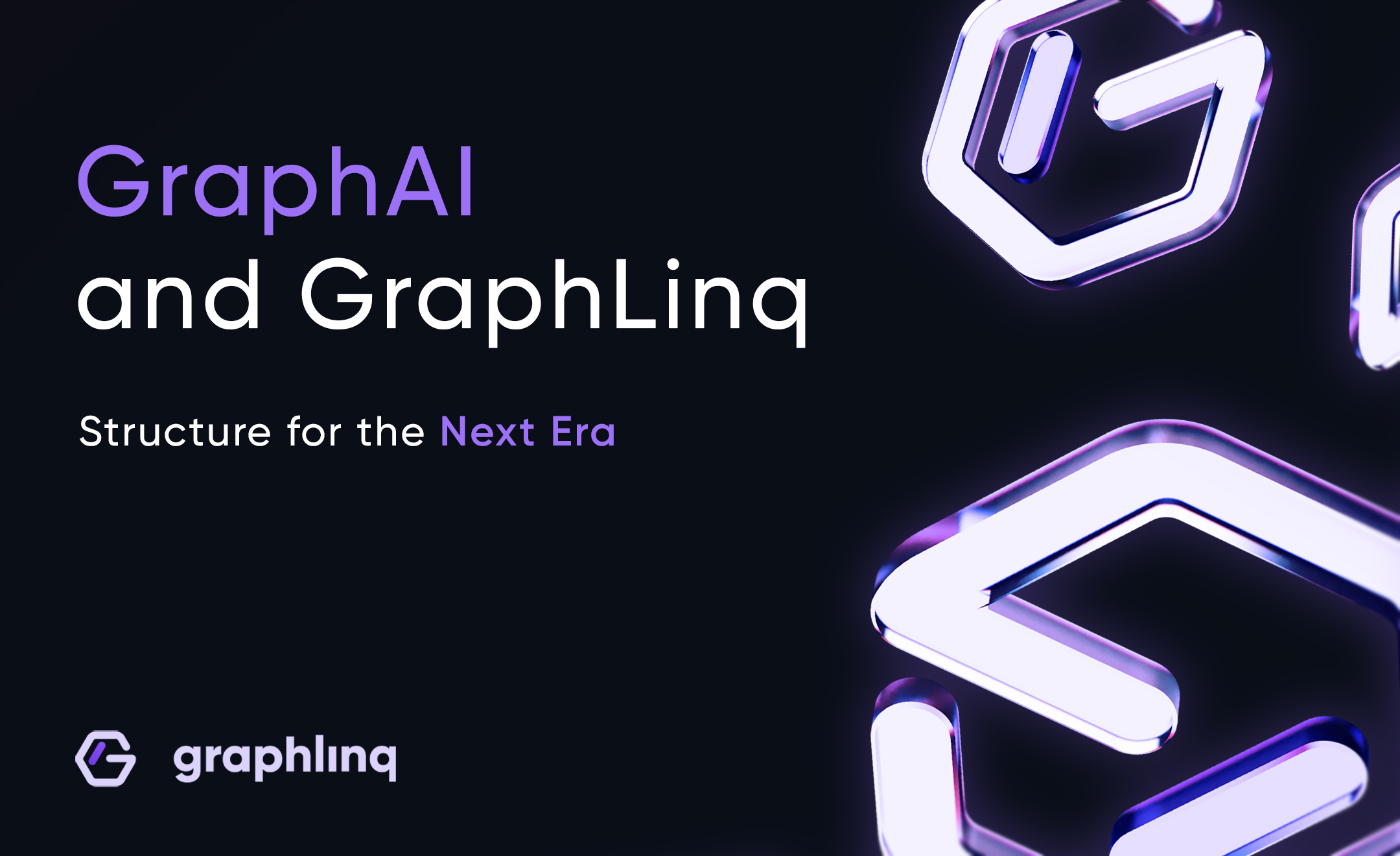
.jpg)
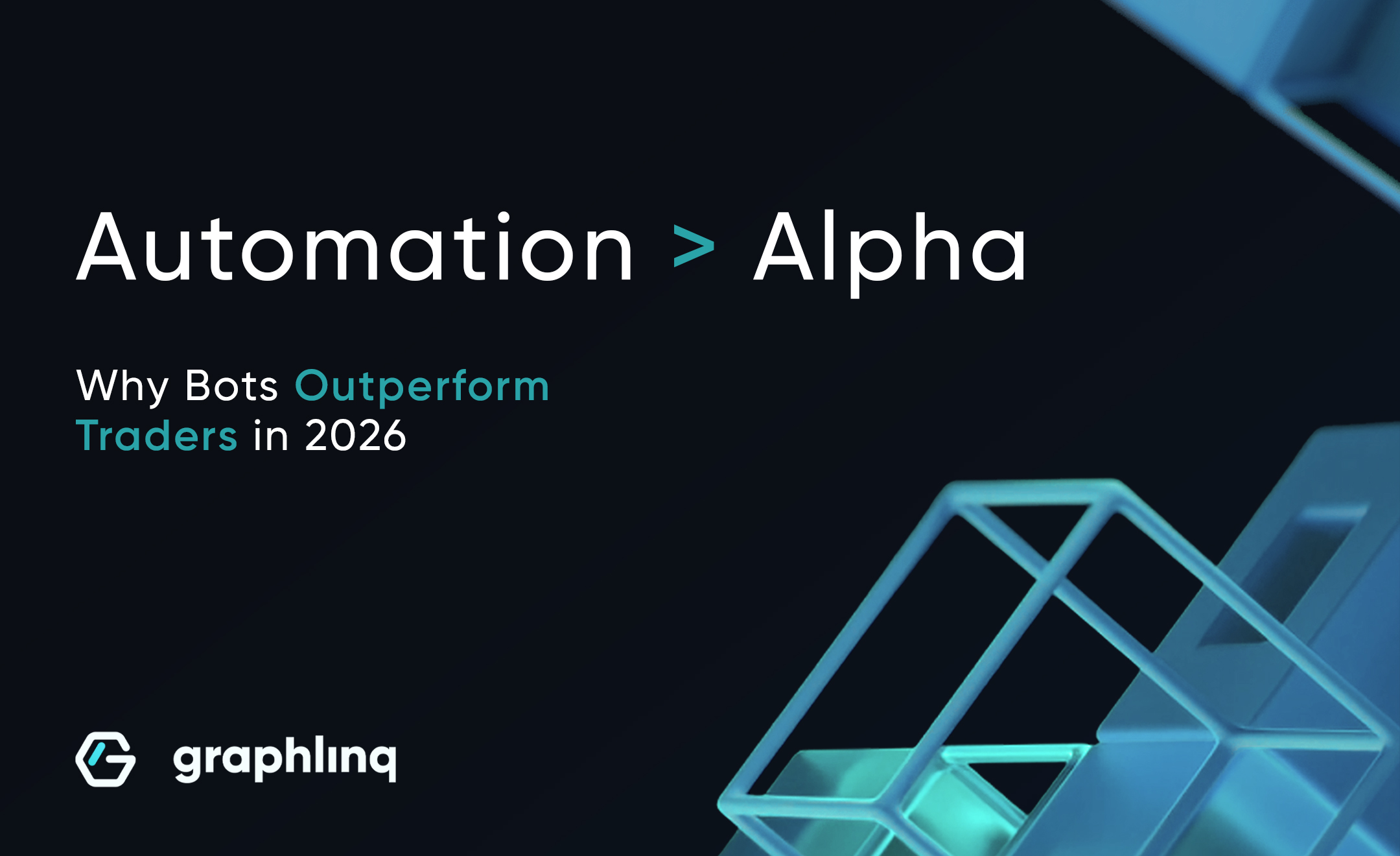
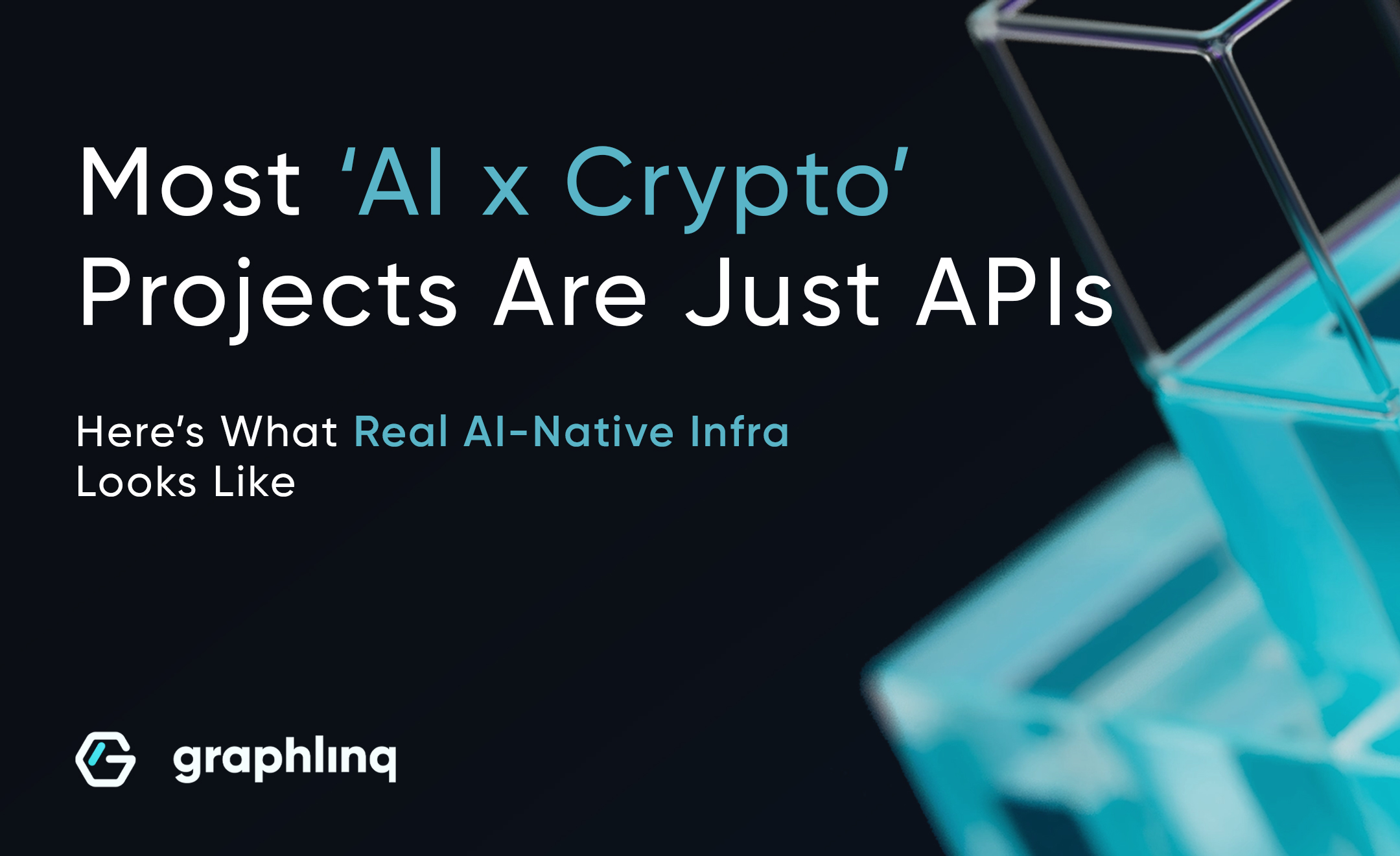
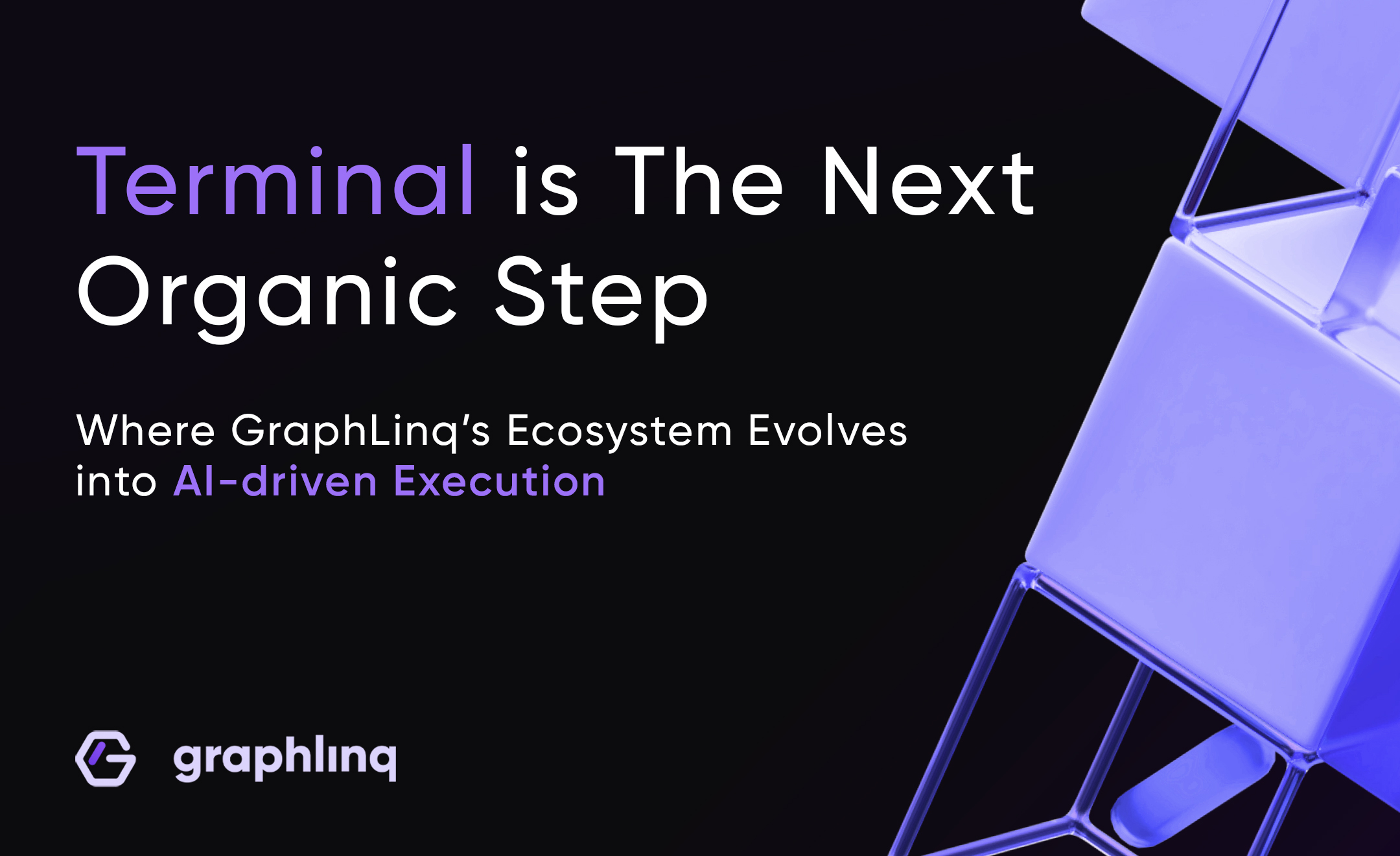
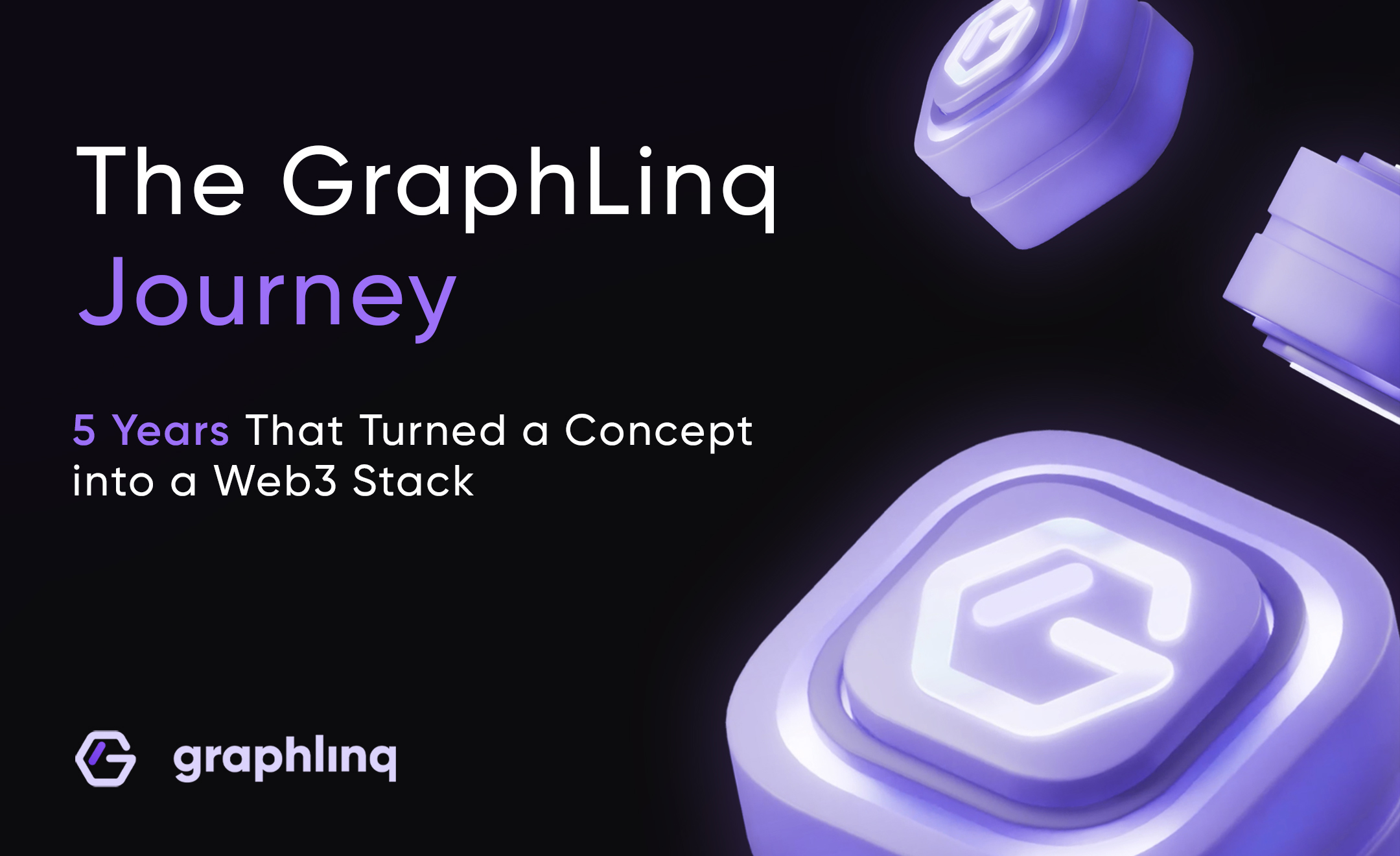
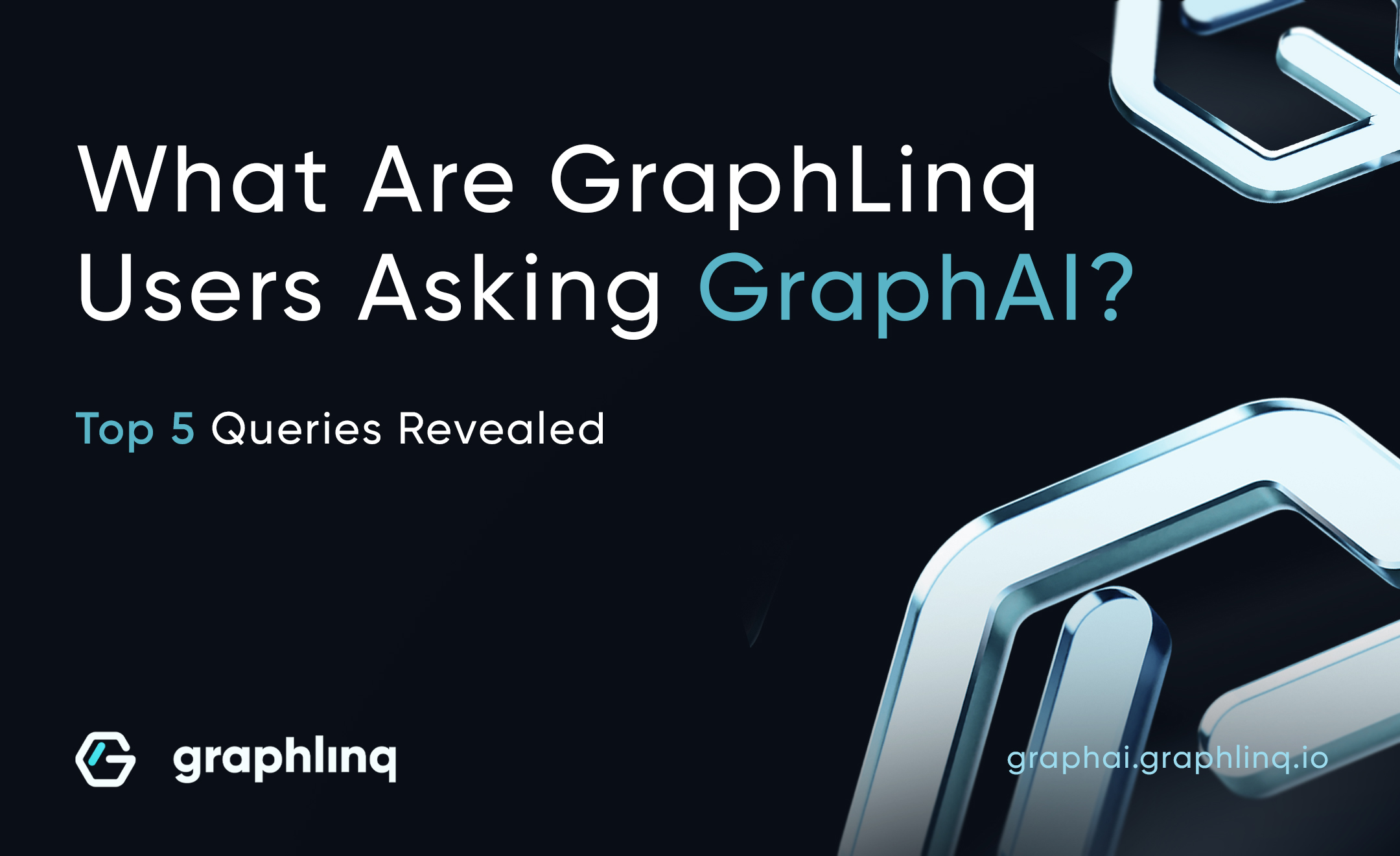
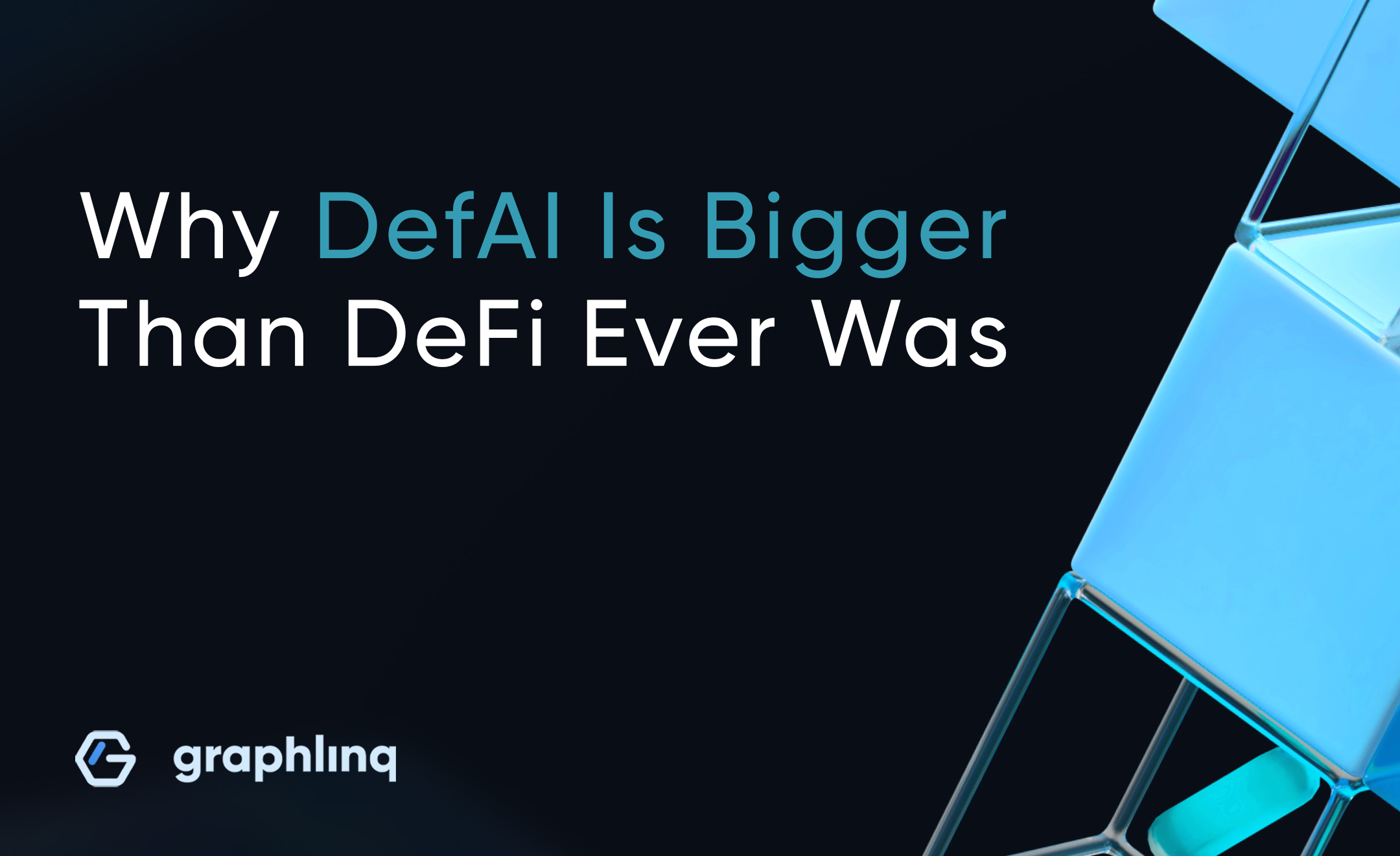

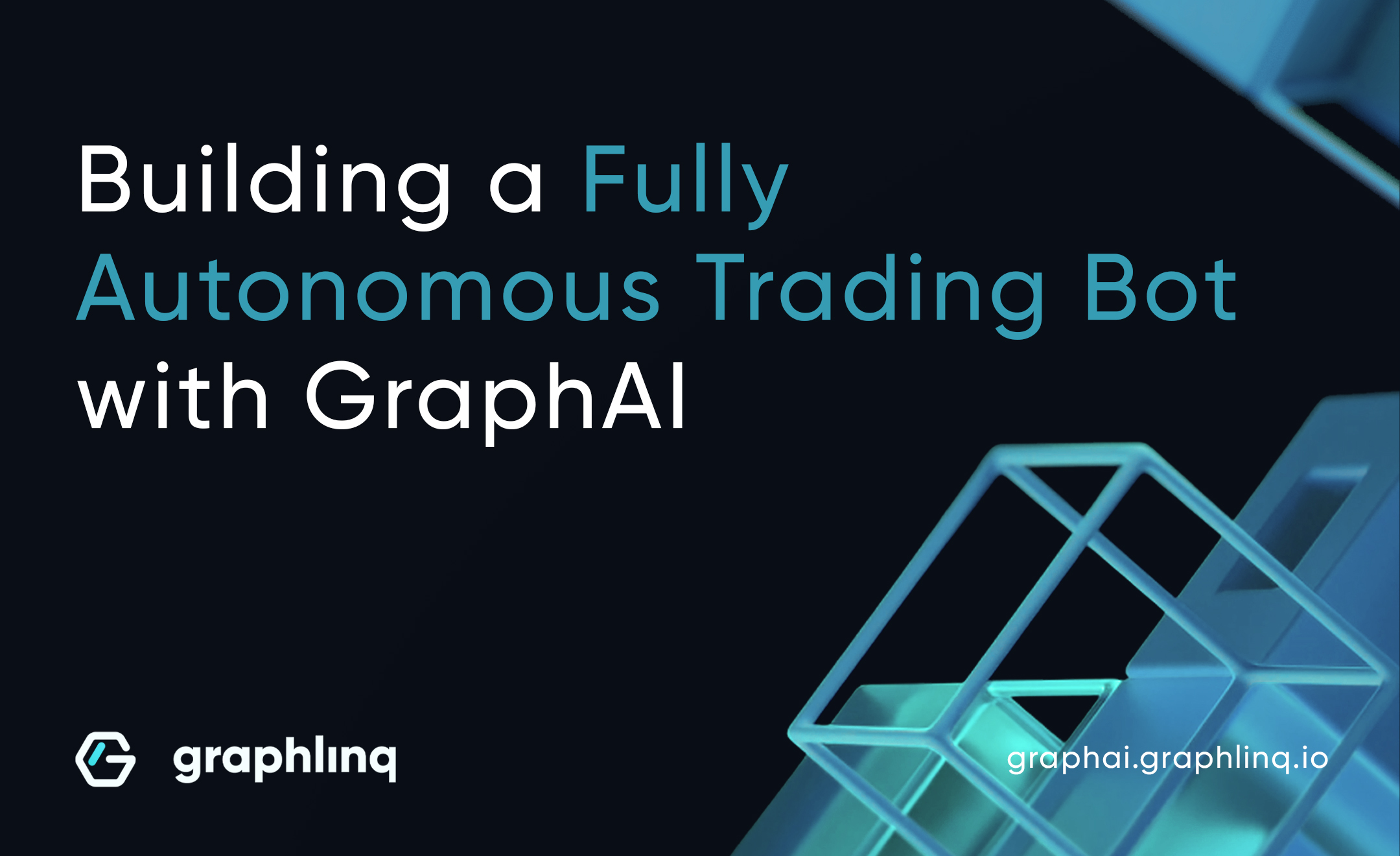
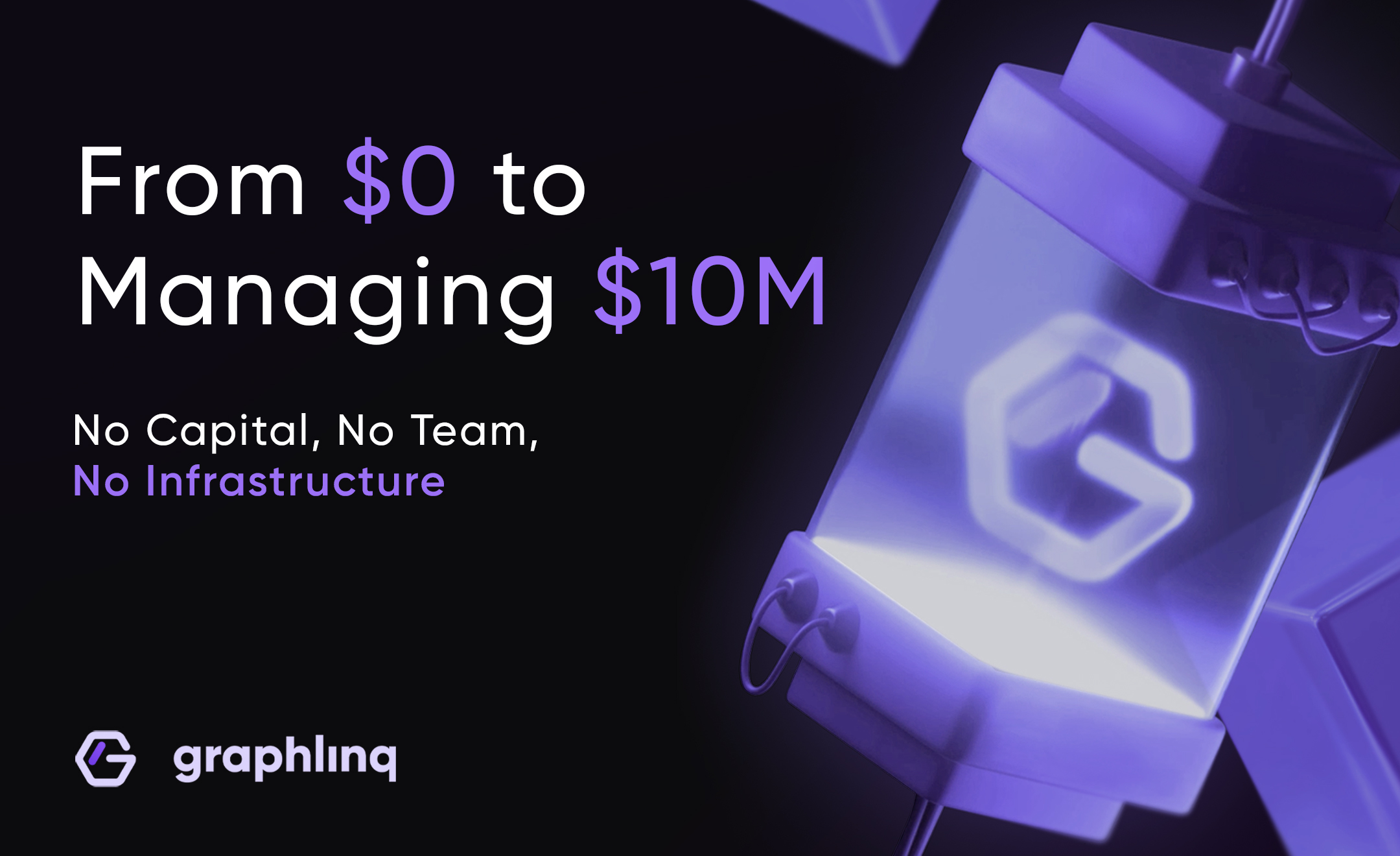
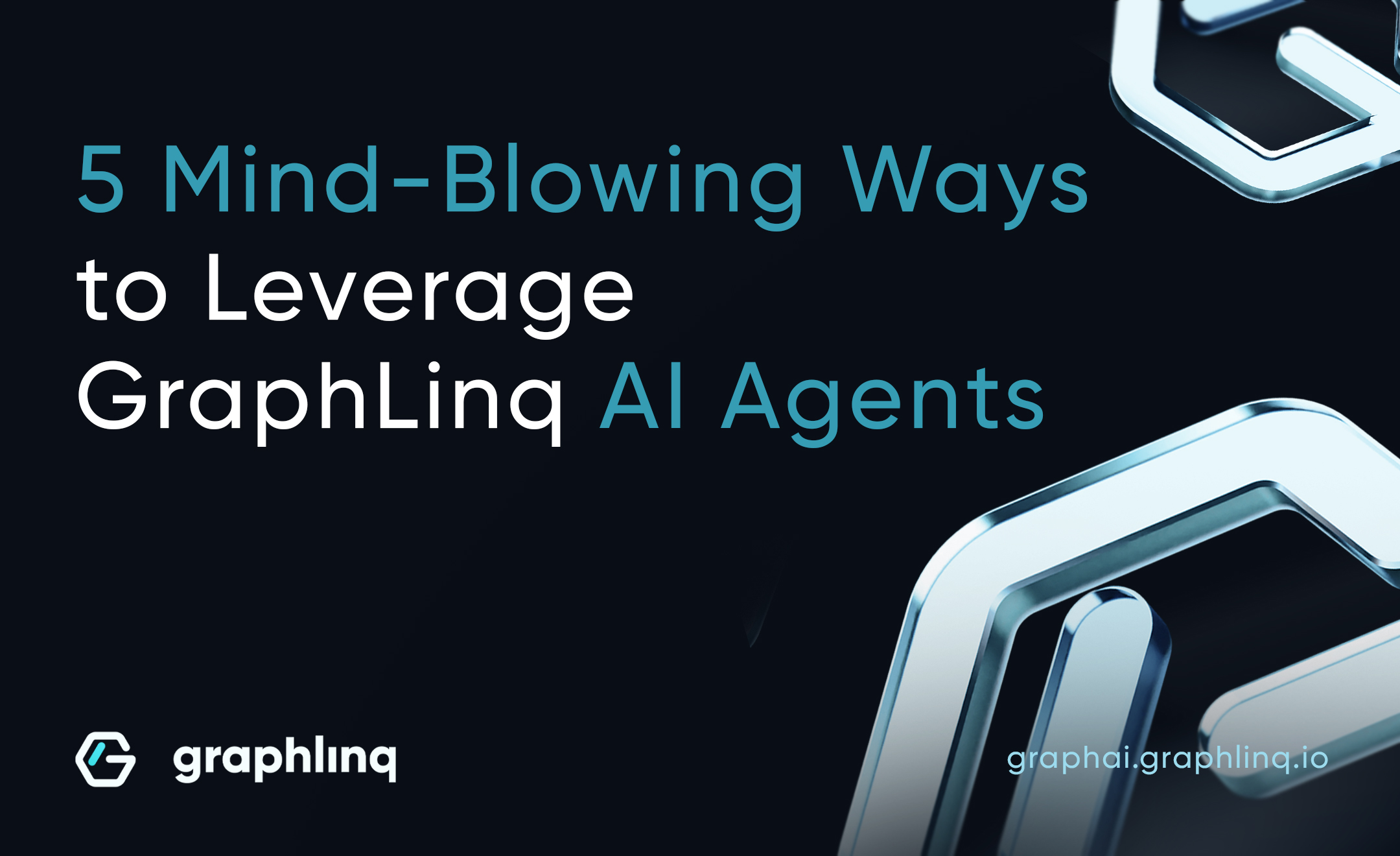

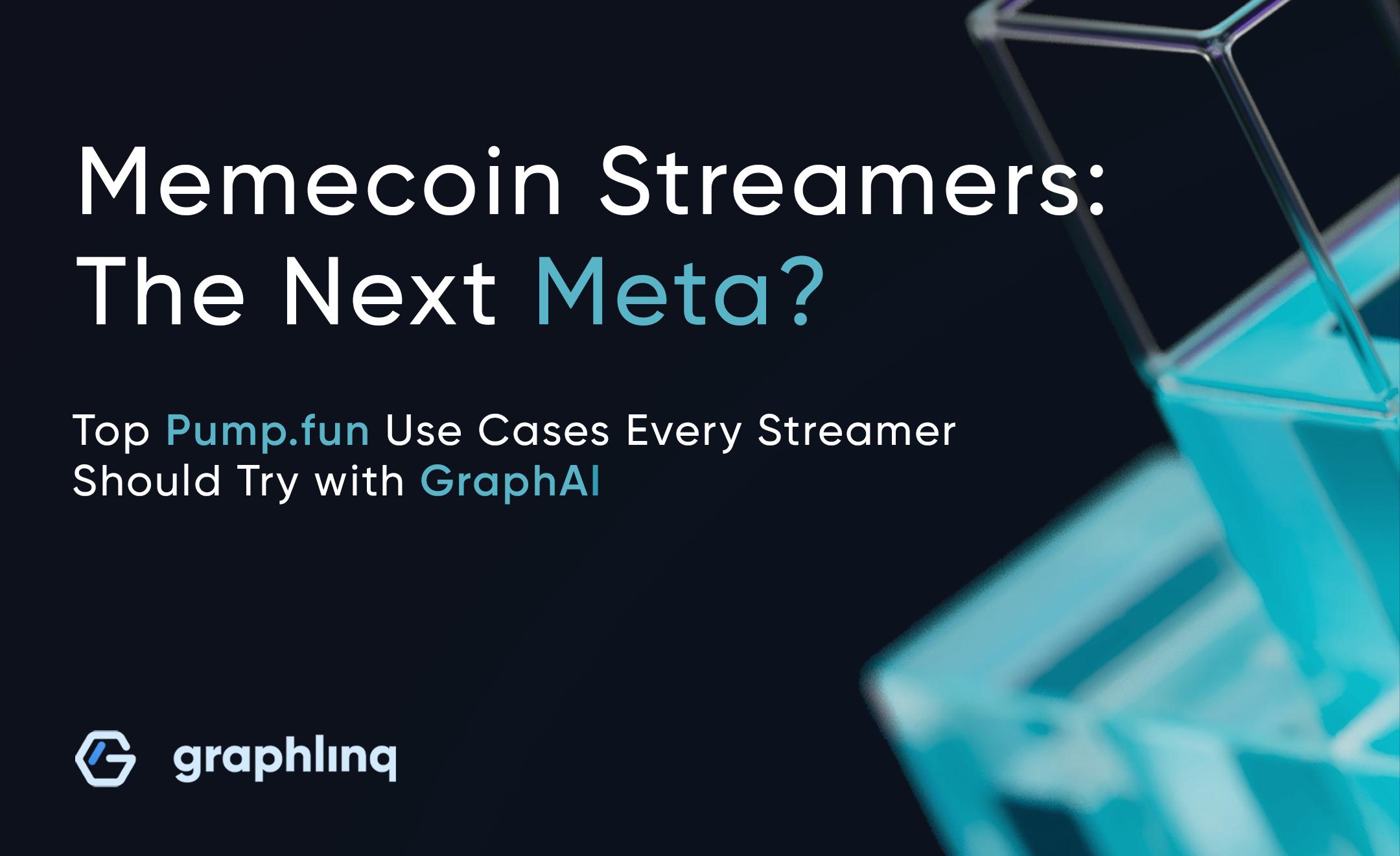
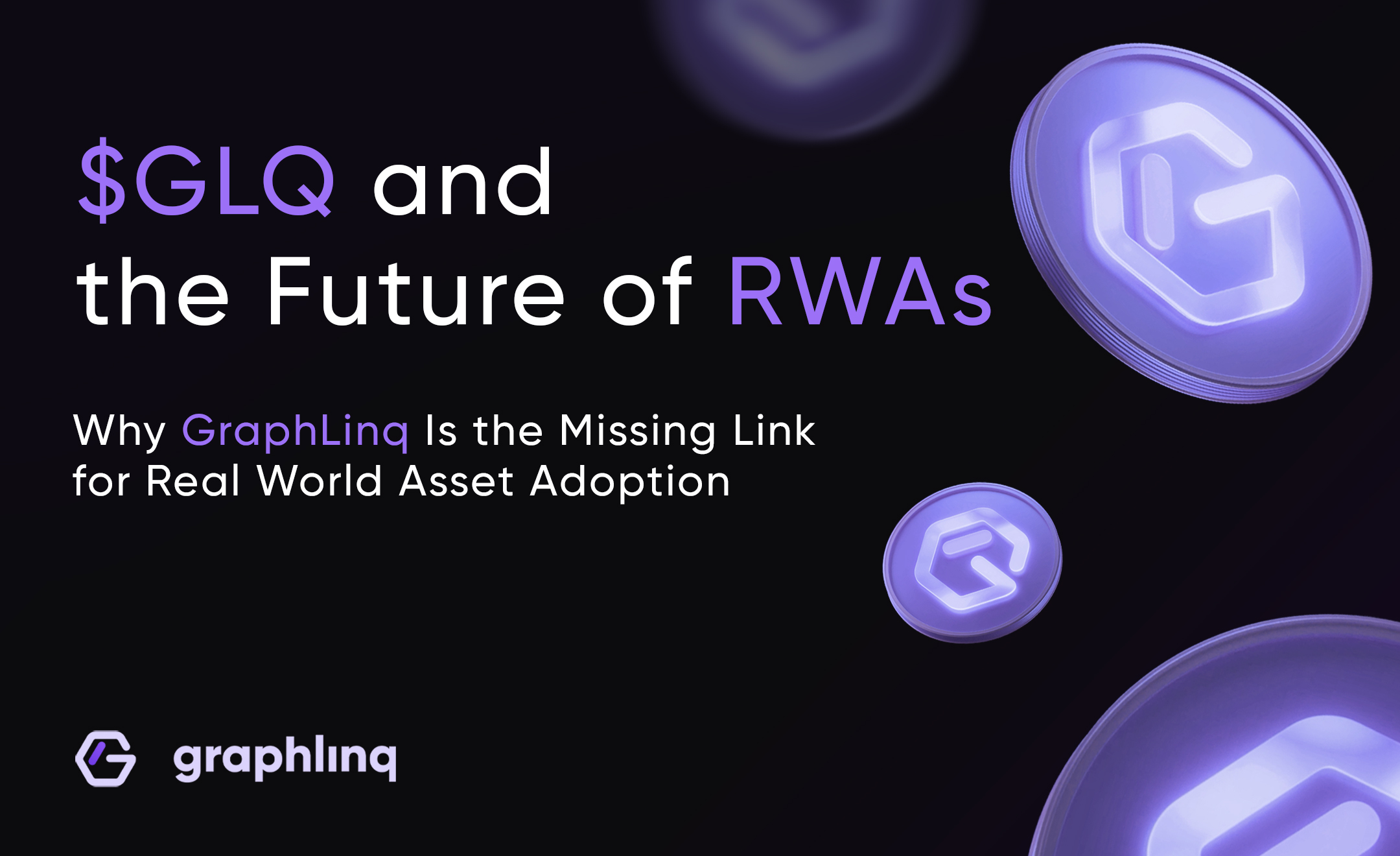
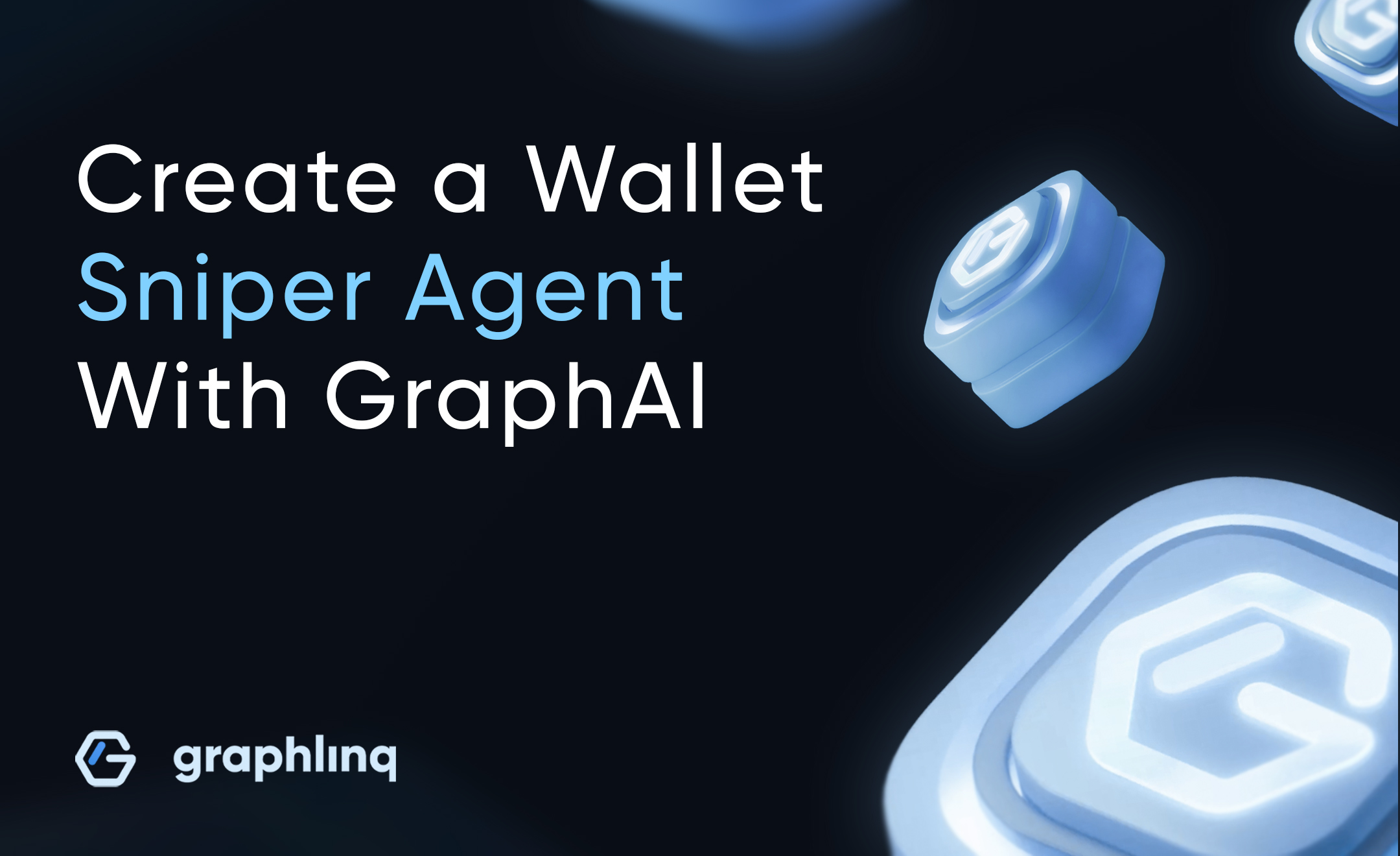

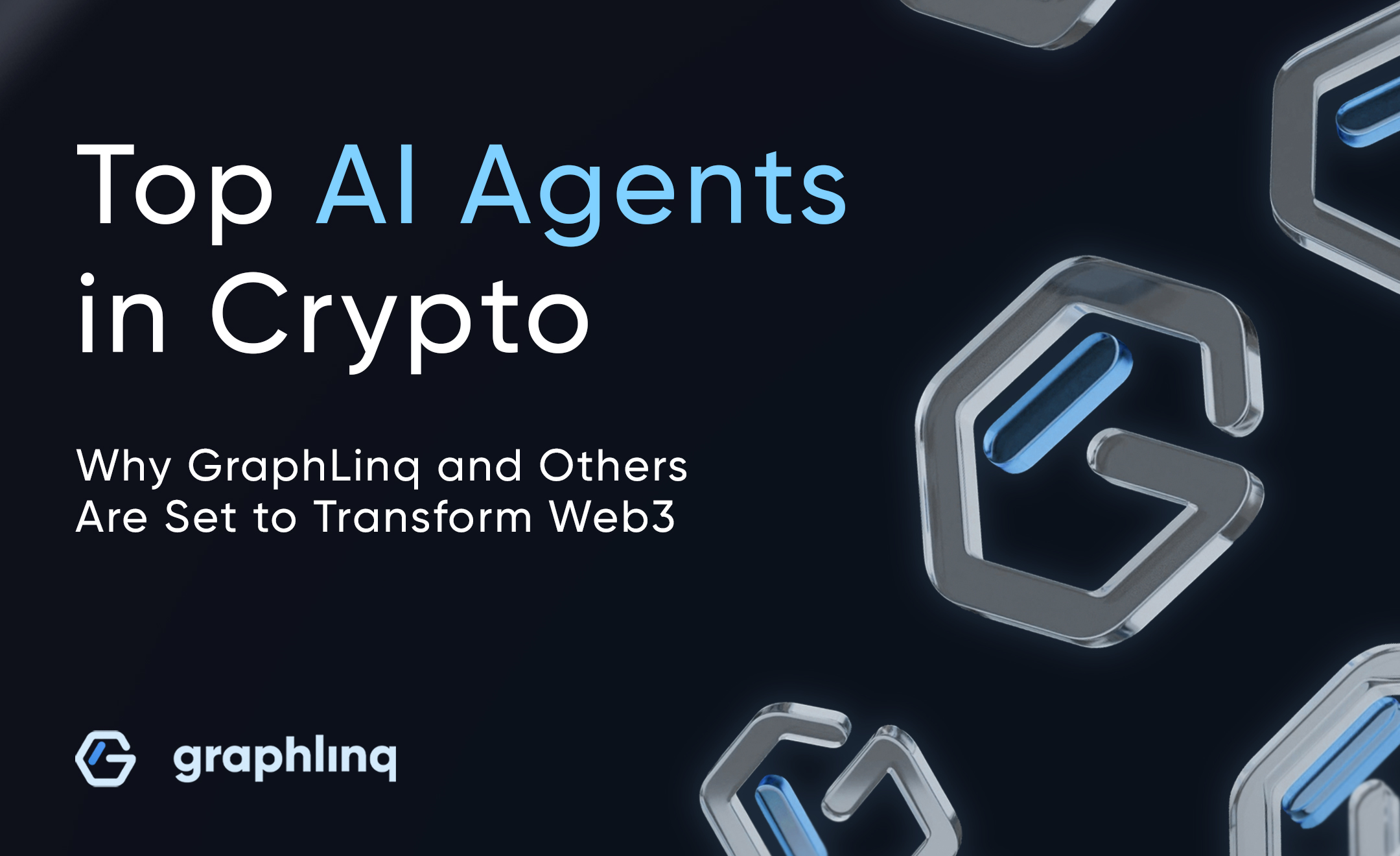
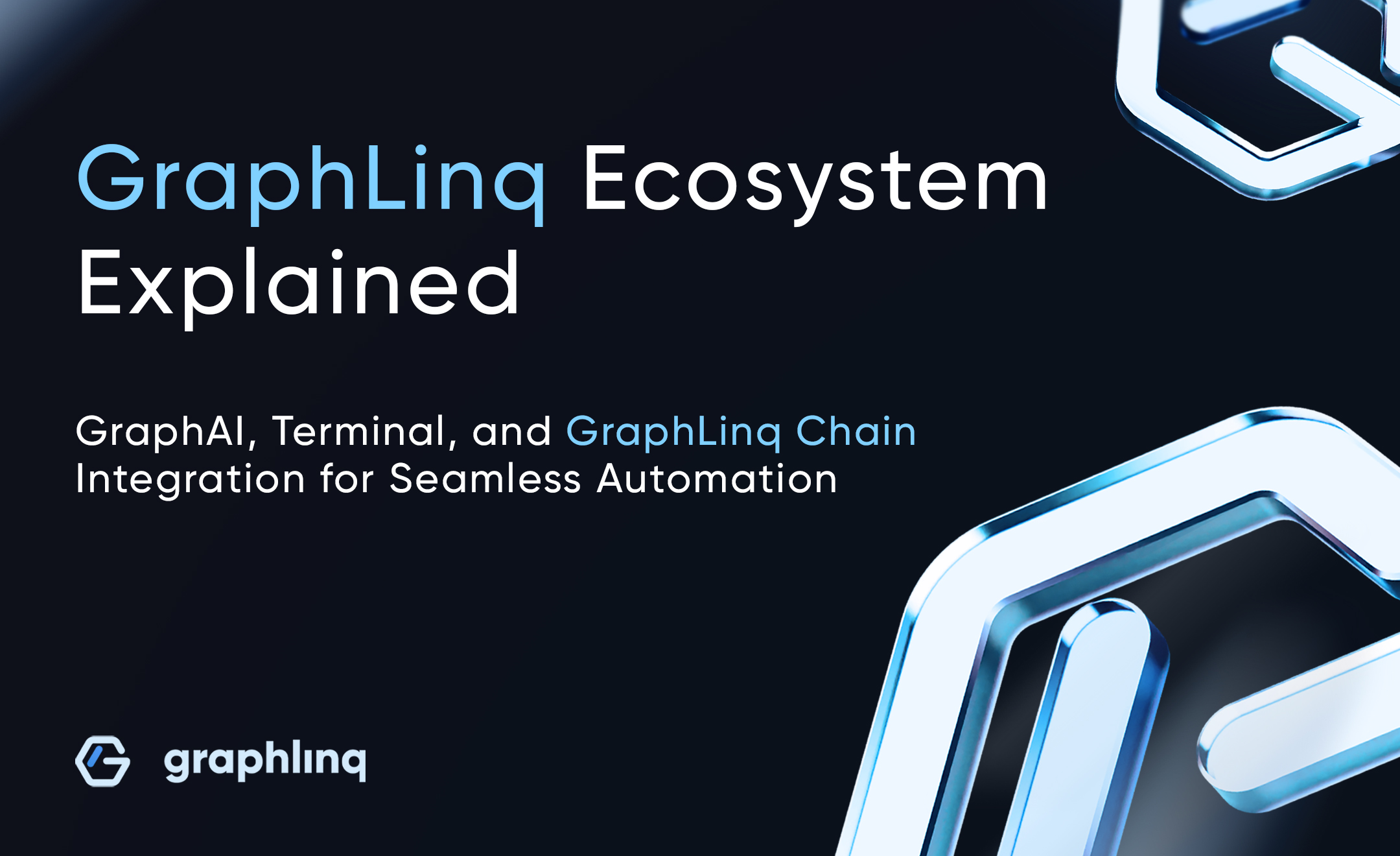
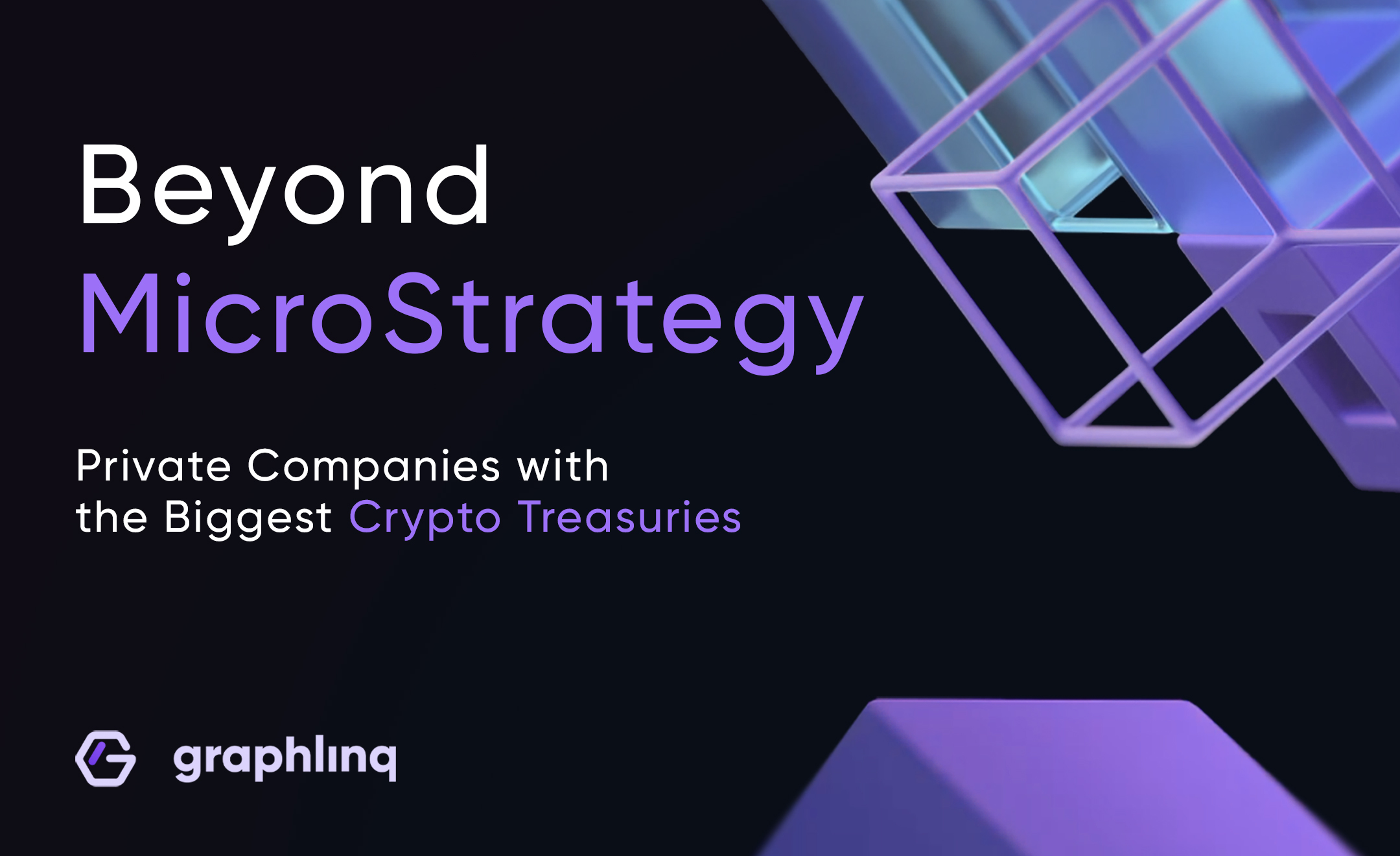
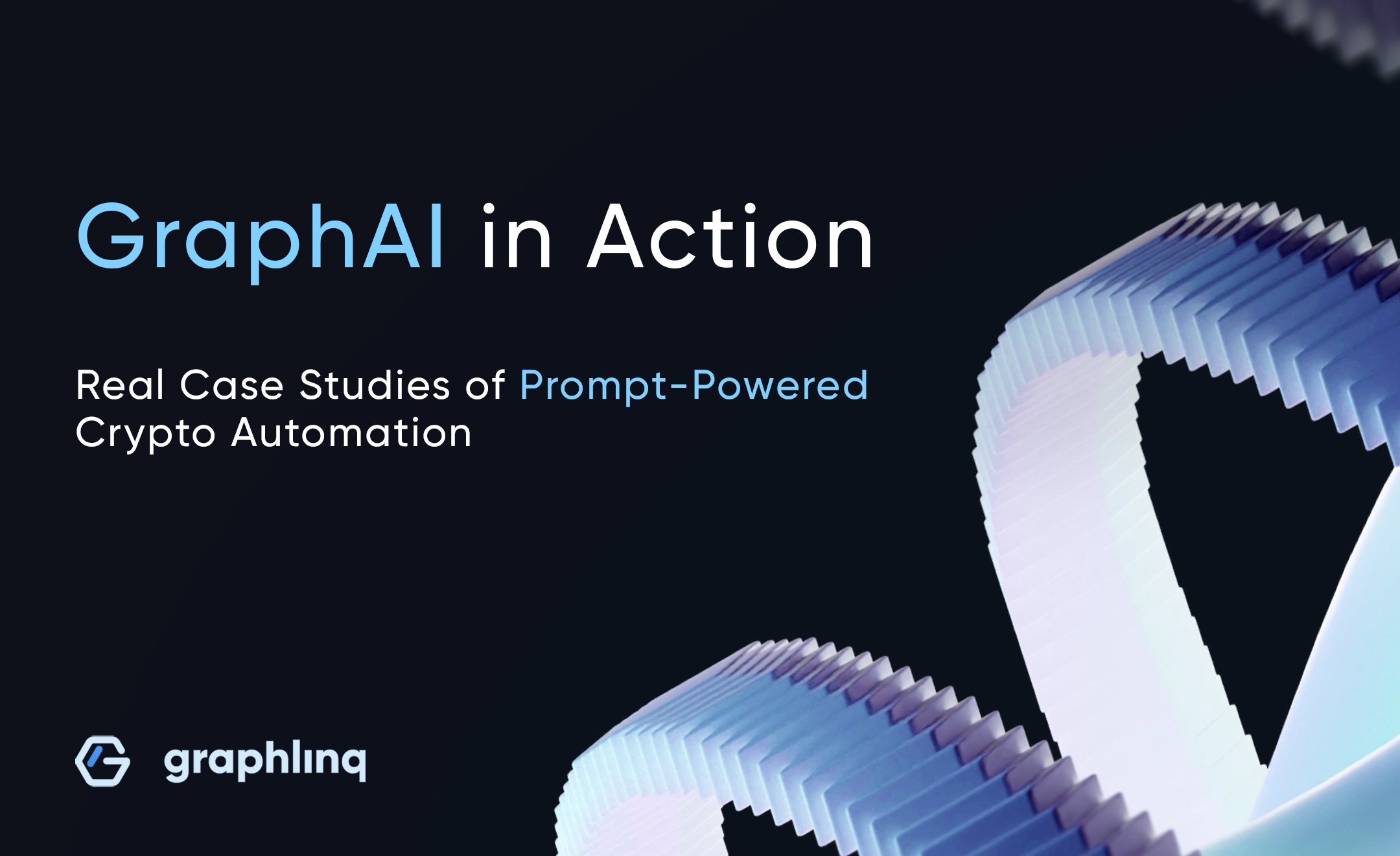
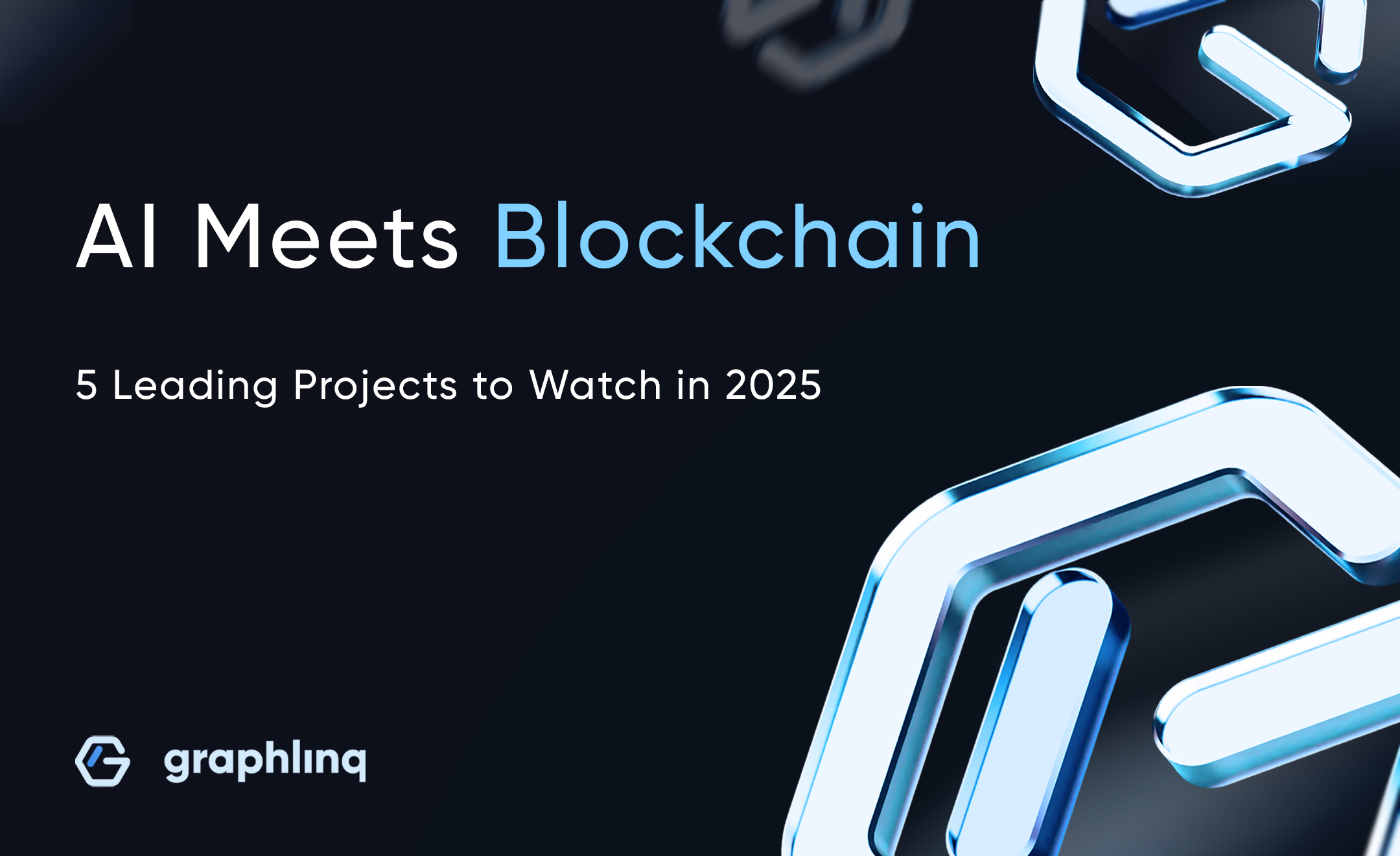





%20Do%20Bitcoin%20Cycles%20Still%20Work_.jpg)
%20What%E2%80%99s%20Next%20for%20Bitcoin%20in%202025_.jpg)



%20What%20Is%20a%20Crypto%20Swap.jpg)





























.jpg)
%20How%20to%20Find%20New%20Cryptocurrencies%20%20Worth%20Investing%20In.jpg)
%20Understanding%20Cryptocurrency.jpg)

.jpg)

A%20Comprehensive%20Guide%20to%20Altcoin%20Season.jpg)
%20cases%20and%20Future%20of%20Ai%20in%20Crypto.jpg)
%20How%20to%20Create%20Your%20Own%20MetaMask%20Wallet.jpg)
%20How%20to%20use%20your%20Crypto%20wallet%20safely.jpg)
What%20is%20a%20smart%20contract.jpg)
%20How%20to%20Protect%20Against%20Crypto%20Scams%20and%20Ponzi%20Schemes.jpg)









